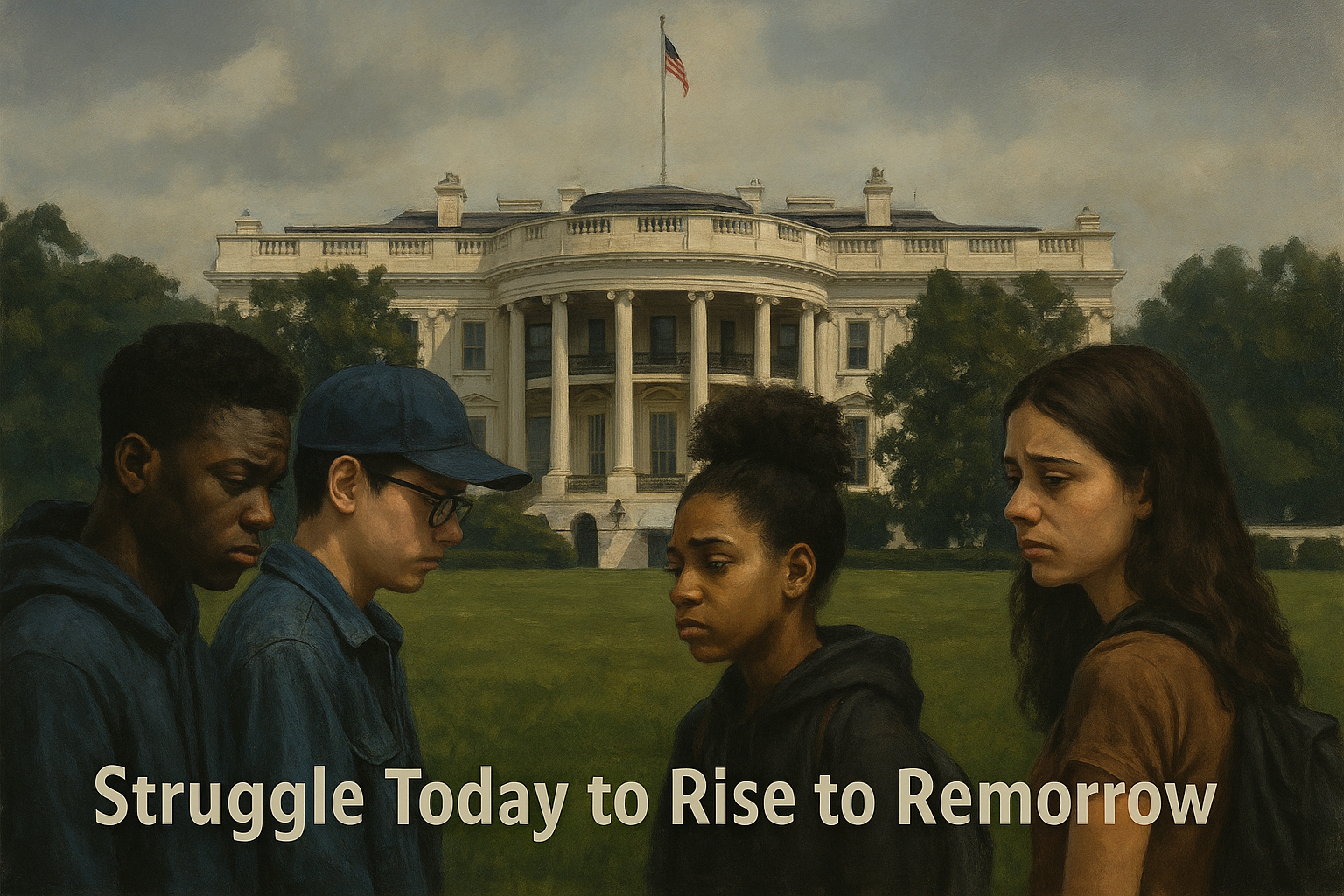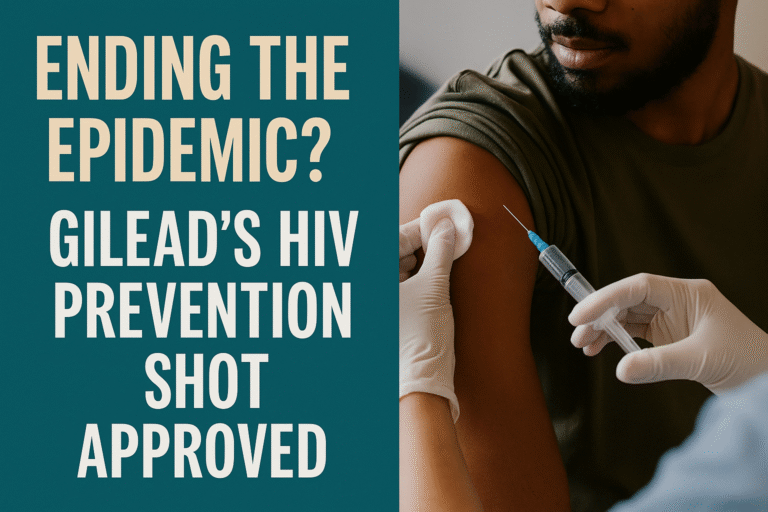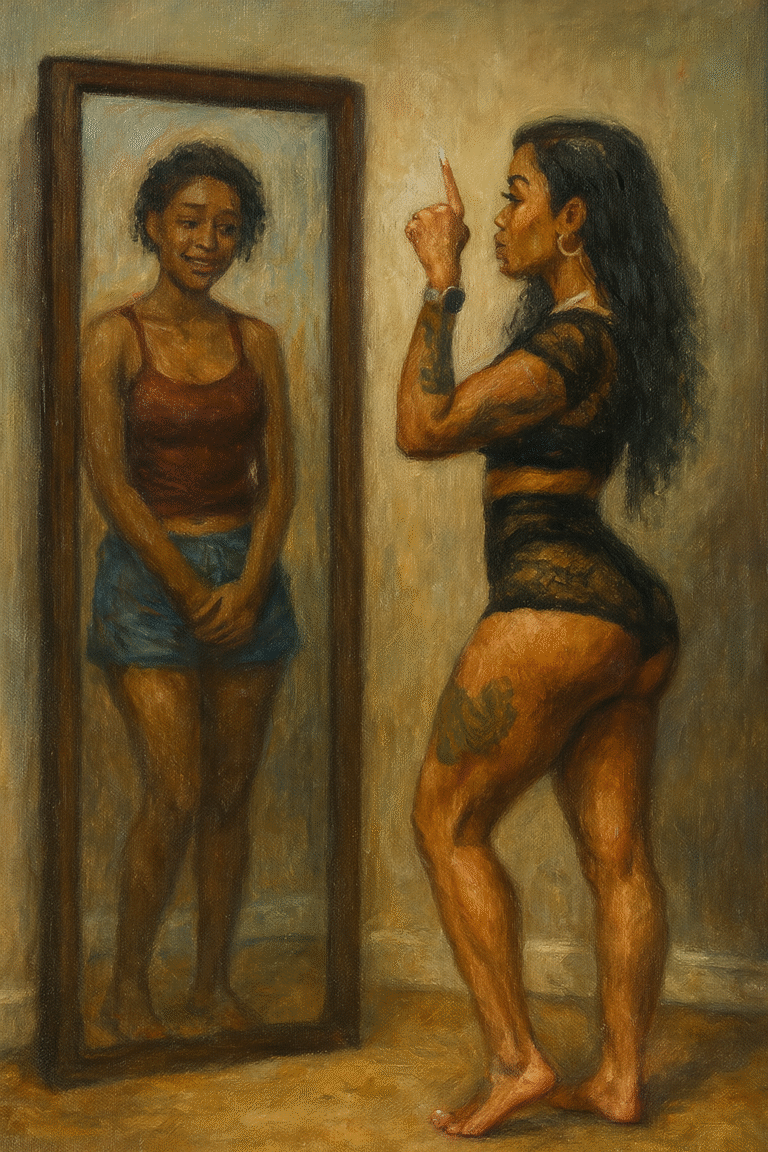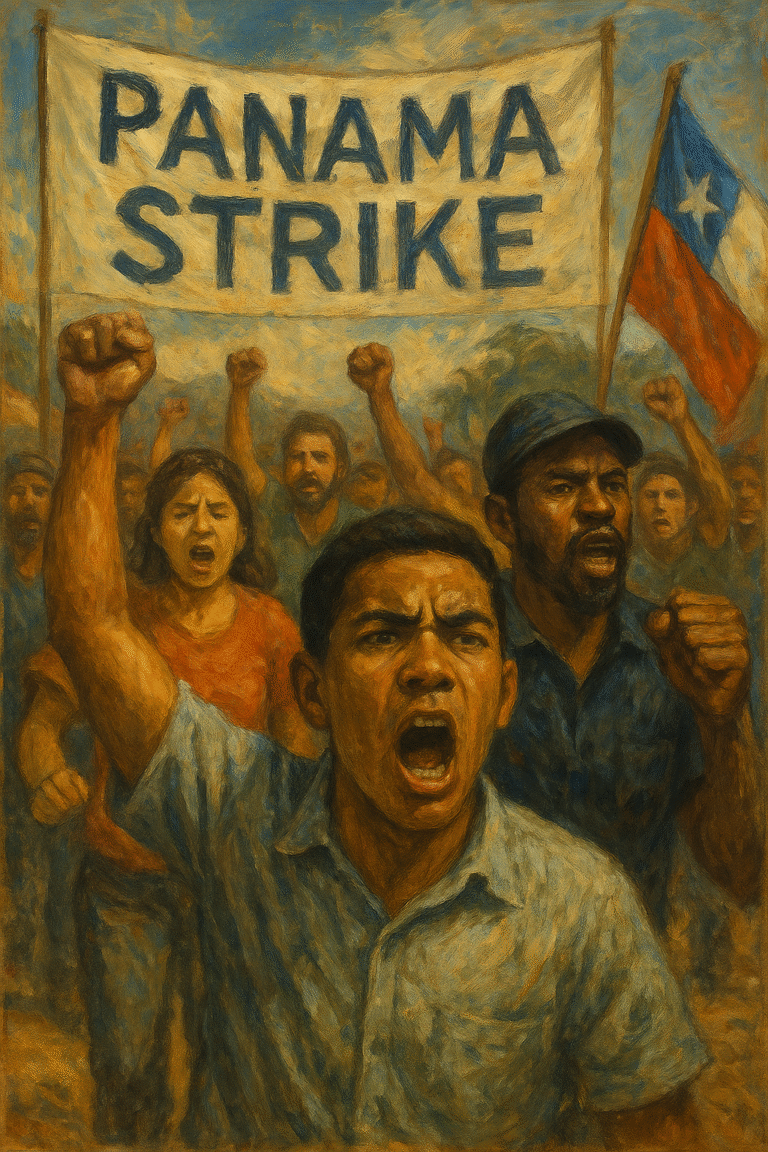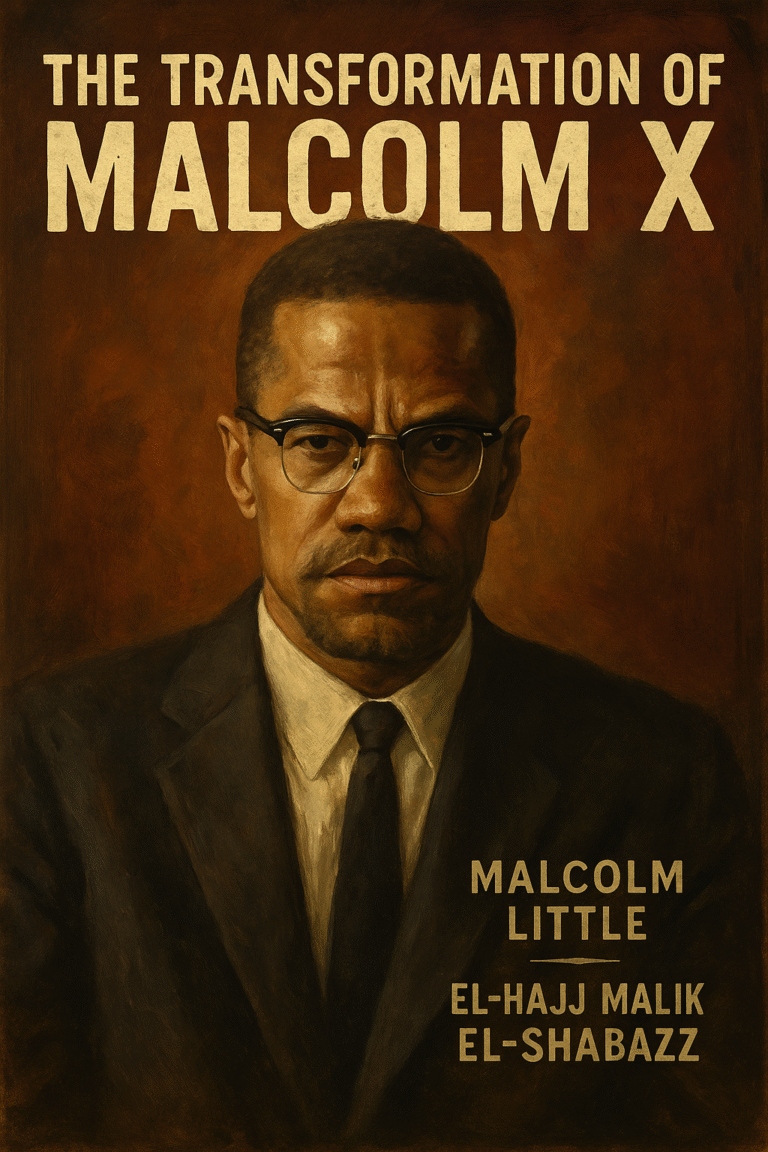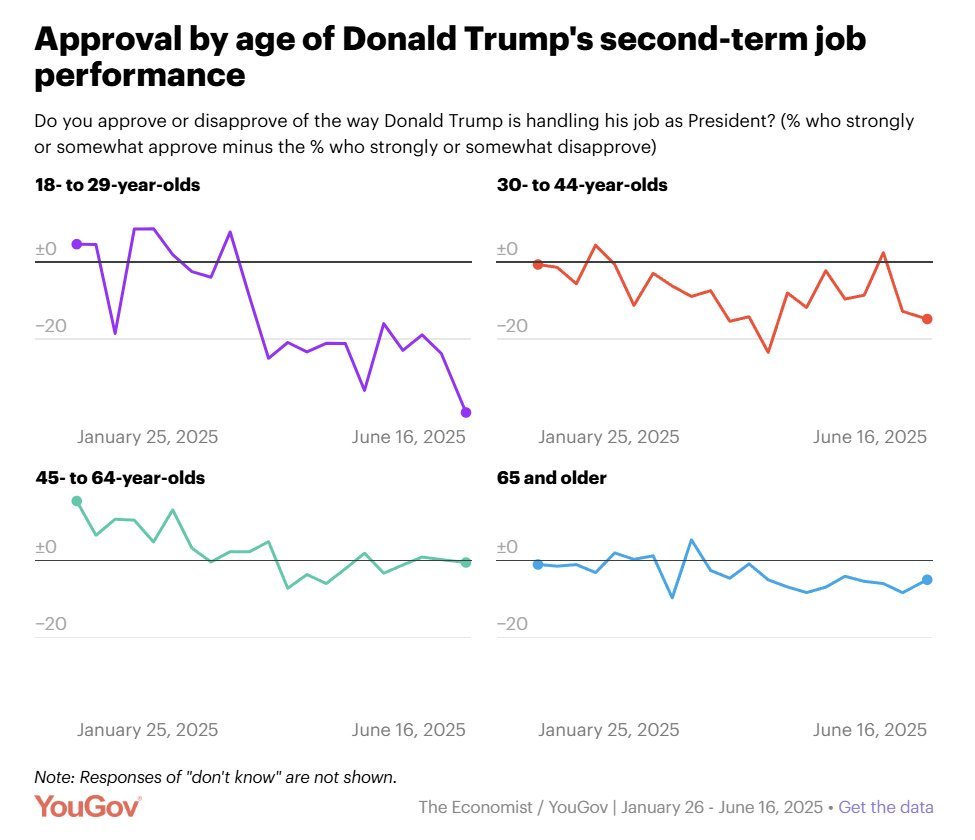
According to YouGov, approval of the Trump administration by Americans aged 18–29 has dropped a staggering 44 points since his inauguration. That’s not just a dip in support—it’s an ideological free fall. But what does it actually mean?
In the age of algorithmic identity, where politics is filtered through TikTok dances, meme warfare, and the aesthetics of who “gets it,” we have to ask: Is this generational rejection about policy, or is it about vibes?
For Gen Z, the most politically aware generation to come of age during a pandemic, racial uprisings, and climate chaos, Donald Trump doesn’t just represent old-school conservatism—he represents an era where not caring was considered powerful. But this generation is allergic to apathy. They care about identity, accountability, and perhaps most of all, authenticity.
Here’s the twist: Trump’s brash persona, once considered “anti-establishment,” now feels institutional. He’s no longer the rogue billionaire on a campaign mic—he’s the former president who stacked the Supreme Court, flirted with autocracy, and played fast and loose with the truth. To many Gen Zers, he’s become everything they were told to resist: performative, out of touch, and deeply divisive.
So yes, policy matters—reproductive rights, LGBTQ+ protections, student debt relief. But don’t overlook the vibe shift. In an era where optics are substance, and presence is power, Trump’s brand no longer resonates with a generation built on irony, nuance, and empathy.
The 44-point plunge isn’t just about what he did—it’s about who he became, and how that plays to a generation that speaks a different language entirely.
And maybe that’s the biggest loss of all: when the room changes and you’re the only one still shouting.

